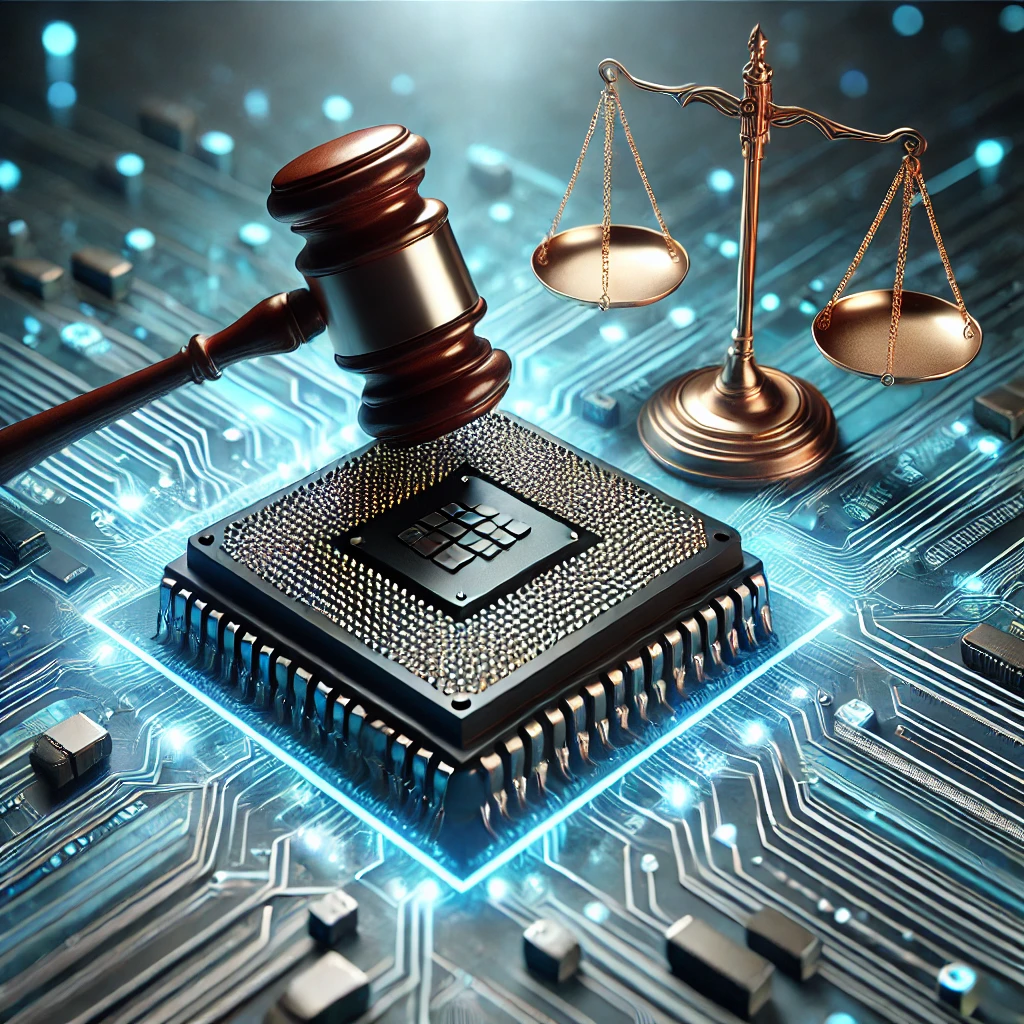Introduction
On December 21, 2024, it was reported that Qualcomm emerged victorious in its legal battle with Arm. This lawsuit stemmed from Arm’s complaint following Qualcomm’s acquisition of Nuvia. What implications does this ruling have on licensing agreements between companies in the face of technological innovation? In this post, we will review the court’s decision and consider the broader significance of licensing agreements in the tech industry.
Summary of the Ruling
Qualcomm expressed satisfaction with the court’s decision, emphasizing the following key points:
- Recognition of the Right to Innovate
The jury supported Qualcomm’s efforts in technological innovation and affirmed that the company’s products are protected under its licensing agreement with Arm.
- Unresolved Issue of Nuvia’s Licensing Breach
While the court did not reach a conclusion regarding whether Nuvia breached its licensing agreement with Arm, it was made clear that Qualcomm itself did not violate its contract with Arm.
Analysis: The Dilemma Between Innovation and Licensing Agreements
The central issue in this case revolved around how Qualcomm’s innovation and existing licensing agreements were evaluated in light of the concerns raised about Nuvia’s licensing terms following its acquisition. This case highlights several important themes for the industry:
- The Complexity of Licensing Agreements
In the semiconductor industry, licensing agreements form the foundation of innovation. However, issues often arise regarding the inheritance and interpretation of contracts when a company is acquired. In this case, the terms of Nuvia’s agreement became a focal point, prolonging the legal proceedings.
- Balancing the Promotion and Restriction of Innovation
While licensing agreements protect a company’s technology, they can become overly restrictive, potentially stifling innovation. To ensure that companies like Qualcomm can freely advance their technological developments, transparency and flexibility in licensing agreements are essential.
Impact of the Ruling
This decision is likely to affect not only Qualcomm and Arm but also other semiconductor firms and tech startups. In particular, attention will focus on how legal standards for inheriting licensing agreements after acquisitions are shaped in the future.
Future Outlook
Since the court has yet to rule on Nuvia’s alleged licensing violations, Qualcomm may face additional legal challenges in the future. Arm, on the other hand, might respond by strengthening its licensing agreements or proposing new models to better protect its technology.
Conclusion
Qualcomm’s victory acknowledges the company’s innovation efforts, but significant challenges remain for the tech industry as a whole. In particular, the nature of licensing agreements needs to be re-evaluated to strike a balance between fostering and protecting innovation. Moving forward, it will be crucial to keep an eye on the legal developments shaping the tech industry.
